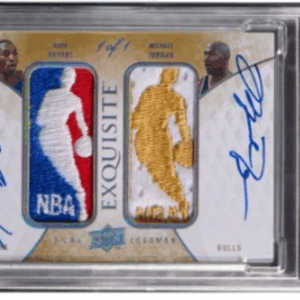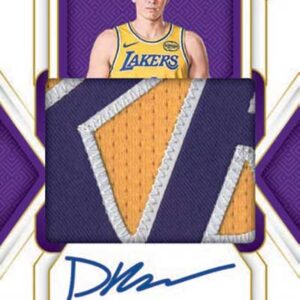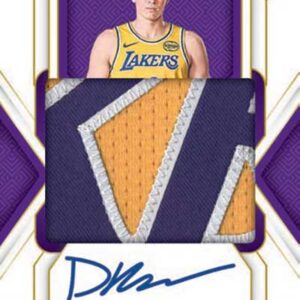In the realm of sports memorabilia, where cardboard and ink collide with passion and personality, the 2024 Topps Chrome Football series has stirred the pot by playing host to one rookie’s cheeky and audacious entry into the NFL’s inter-team fisticuffs. This year, collectors and fans of American football are receiving an unexpected gift through the hands, or rather the pen, of Caleb Williams, the Chicago Bears’ newest quarterback sensation. In a move that mirrors the vigor and whimsy of a sporting rivalry as old as leather helmets, Williams has added his two cents—or more precisely, his two words—onto his signed rookie cards, and those words are: “Green Bay Sucks.”
For those uninitiated in the grandeur of football lore, the Bears versus Packers rivalry is not merely a clash of team colors; it’s tradition, it’s family, it’s a neighborhood spat that’s endured for over a century. What started in 1921 as a Midwestern duel of gridiron glories has blossomed into a storied epic, weaving legends like George Halas and Vince Lombardi into a tapestry of tenacious competition. Enter Caleb Williams, whose decision to embellish his autograph with a simple but loaded phrase, skips the expected fandom pleasantries and lands directly into the annals of no-nonsense rivalries.
In the world of autograph collecting, inscriptions aren’t an anomaly. These scribblings provide a personal touch, a hint of a player’s personality or allegiance, sometimes invoking inspiration or humor. While religious verses or motivational slogans are the usual suspects, Williams’ choice delivers a more provocative punch, generating dual waves of celebration and consternation. Bears fans, already warming their midwestern hearts to their quarterback’s audacity, will likely covet these cards as treasures of team spirit. On the other hand, Packers devotees, known for their Cheesehead headgear and fierce loyalty, might find this autograph an irresistible challenge to their pride, possibly driving them to acquire such ‘offensive’ memorabilia only to banish it in bonfires of team pride.
This unexpected inscription sets the stage for a curious market dynamic. Traditionally, rookie cards featuring special autographs tend to see a spike in demand, especially when flavored with the right mix of rarity and narrative flair. In this case, we have the perfect brew: limited cards featuring a rookie’s bold proclamation against a perennial rival. It’s a collector’s cocktail of culture and controversy, potentially inflating short-term values. Over the long haul, the worth of Williams’ cards will likely correlate with his exploits on the field and his evolution in the never-ending saga of Chicago-Green Bay skirmishes.
But more than just a tool for transaction on the sports memorabilia market, Williams’ autograph elevates his trading card from mere collectible to cultural artifact. Sports cards are snapshots of history, capturing not only stats and faces but capturing moments, sentiments, and at times, symbolic statements. The “Green Bay Sucks” autograph isn’t simply Williams’ personal greeting to the NFL; it etches into chrome what is usually shouted across stadium aisles and discussed over tavern tables—a timeless expression of unfading football rivalry.
Every NFL season, the cardboard canvases that depict glossy headshots of rookies and all-stars flicker briefly in popularity. Yet, the 2024 Topps Chrome series has handed some fans and collectors a special flame to cherish, debate, and even laugh over. It’s more than just a comment; it’s an immortalization of one man’s first, albeit cheeky, contribution to a battle waged for generations.
As the rollout of 2024 Topps Chrome Football continues to shimmer its way into collections and conversations, Caleb Williams’ particular card stands poised as an exciting anomaly in the vast universe of sports trading cards. Debated or adored, this snippet of rivalry etched in ink is unequivocally set to be one of the most hotly discussed and thoroughly chased collectibles of the year. With every trade, every showcase, and every point scored on the field, the card becomes more than a piece of cardboard; it turns into a legacy entrant, enshrining a modern twist on a legacy feud.






